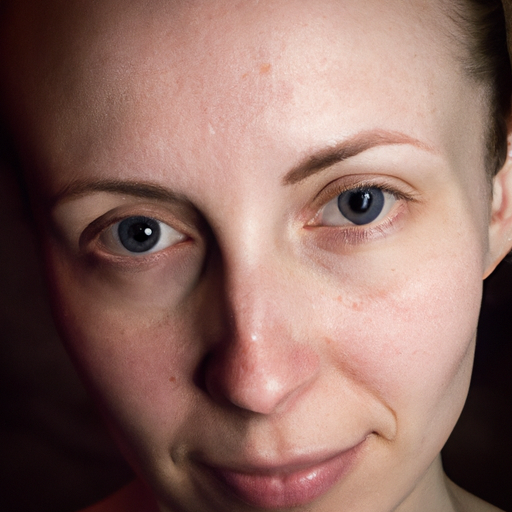As a medical professional, I often encounter patients who complain of skin that is easily irritated, red, itchy, or dry. These symptoms often point to a condition known as sensitive skin. This article aims to unmask the mystery behind sensitive skin, providing a comprehensive guide to its diagnosis and treatment.
Sensitive skin is not a disease that a doctor can diagnose; rather, it’s usually a symptom of another condition. You may not even know you have sensitive skin until you have a reaction to a soap, cream, or detergent. Sensitive skin can show up in many ways and can have many triggers. Some people may experience a reaction from skincare products or weather changes, while others may react to certain foods or stress.
Diagnosing sensitive skin can be challenging because there’s no universally accepted definition of what constitutes sensitive skin. However, if your skin is frequently irritated—either physically (redness, itching, stinging) or visually (rashes, dry patches)—you likely have sensitive skin.
To diagnose sensitive skin, I usually start with a thorough medical history. This includes questions about your skincare routine, diet, lifestyle habits, and any products that seem to cause irritation. I may also perform patch tests to identify specific allergens or irritants. It’s essential to rule out other skin conditions like eczema, rosacea, or dermatitis that could be causing your symptoms.
Once we’ve determined that you have sensitive skin, the next step is treatment. The goal of treating sensitive skin is to alleviate discomfort and improve the skin’s overall health and appearance.
The first line of defense is prevention. This means identifying and avoiding triggers that cause your skin to react. Common triggers include harsh soaps and detergents, certain cosmetics, alcohol-based products, fragrances, and extreme weather conditions.
Next, consider adopting a gentle skincare routine. Use lukewarm water instead of hot when washing your face, and pat your skin dry instead of rubbing. Choose skincare products that are hypoallergenic, fragrance-free, and specially formulated for sensitive skin. Look for ingredients like aloe, chamomile, green tea polyphenols, and oats, which can soothe irritated skin.
Hydration is key for sensitive skin. Moisturize your skin daily with a product that is free of potential irritants. For severe dryness, an ointment or cream may be more effective than a lotion.
In some cases, over-the-counter treatments may not be enough to manage sensitive skin. If your skin continues to react despite your best efforts, it may be time to see a dermatologist. Prescription medications like topical corticosteroids or oral antihistamines can help reduce inflammation and itching.
Lastly, remember that everyone’s skin is unique. What works for one person may not work for another. It may take some trial and error to find the right products and routine for your sensitive skin.
In conclusion, sensitive skin is a common condition that can cause discomfort and affect quality of life. However, with the right diagnosis and treatment plan, it’s possible to manage sensitive skin effectively. If you suspect you have sensitive skin, don’t hesitate to seek professional help. Your skin is your body’s largest organ—it deserves the best care possible.



